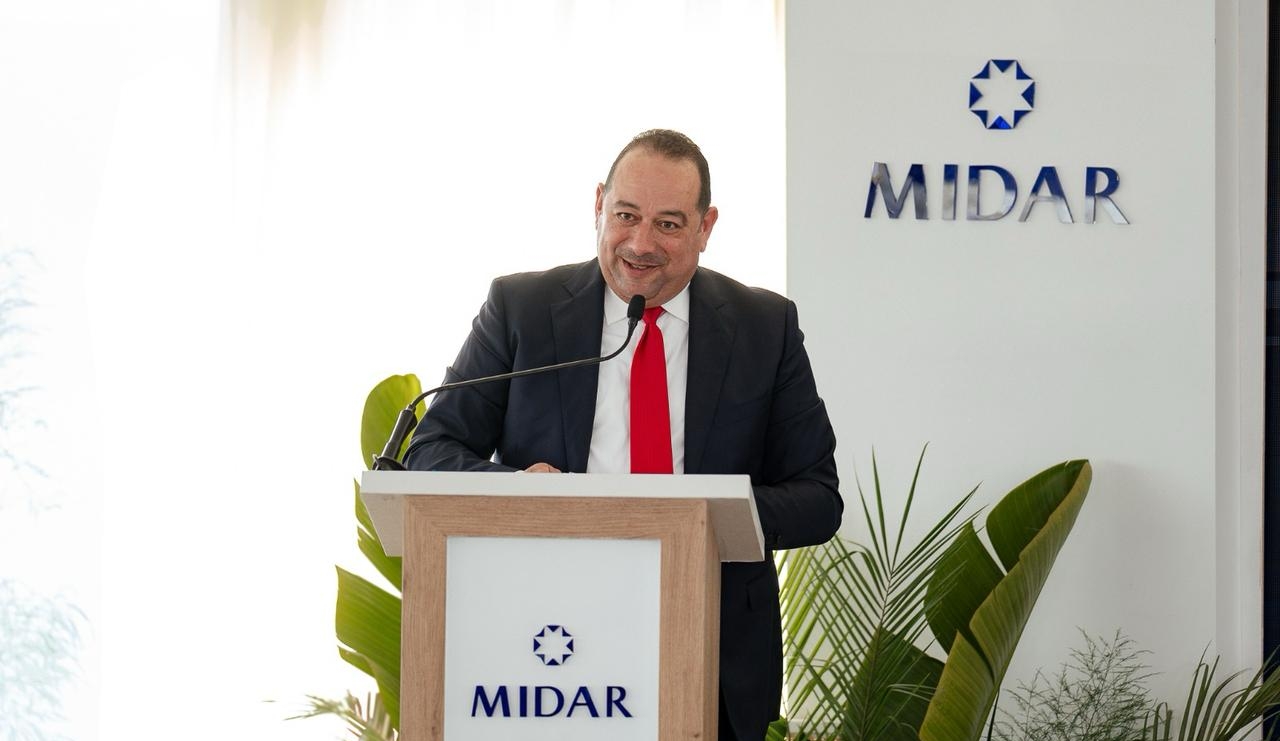Dubai ( Masaader News)
Italian neurosurgeon Sergio Canavero has announced further details about the plan to carry out the world’s first head transplant surgery. In a turn of events, the operation will no longer be performed on Valery Spiridonov, a Russian man suffering from the muscle-wasting Werdnig-Hoffman’s disease, with whom Canavero has been working for almost two years, According to a report on the Newsweek.
Instead, the operation will take place in China on a currently unselected Chinese national. A news release put out Thursday by OOOM, the media company handling Canavero’s press announced that Spiridonov, “who for a long period was considered for being the first transplant patient, will not be the first person whose head will receive a new body.”
It was unclear why Spiridonov was no longer involved. Georg Kindel, publisher & editor-in-chief of OOOM, tells Newsweek it was simply about where the surgery will be taking place. “Because the head transplant will be conducted in China it’s much easier to get a Chinese donor,” he says. “That’s the main reason. I’m not sure if Professor Canavero has talked to Valery in the meantime. I don’t know the reaction of Valery. However, if the head transplantation succeeds—and we all hope and are confident that it will succeed—then it will not be the last, so it will only be a question of time when Valery will get a new body.”
Canavero, in an interview with OOOM, said the first human head transplant will take place within 10 months. He did not specify a date for the surgery, but Kindel said the team is on track to carry it out at the end of the year: “They have a tight schedule but the team in China say they are ready to do it. Professor Canavero always said we will be ready at the end of 2017 and—if there is a strong power in China behind the project — it seems it definitely will be at the end of this year or the start of next year that the entire procedure will be conducted.”
At present, Canavero and Xiaoping Ren, of the Harbin Medical University in China, have presented little evidence to convince the scientific community their plan will be a success. Canavero previously has provided a brief outline of what they intend to do, but with relatively little detail of the steps involved. Research outlining experiments on animals have also failed to convince critics, many of whom say we are nowhere near having the technology required to undertake such a complex procedure.











